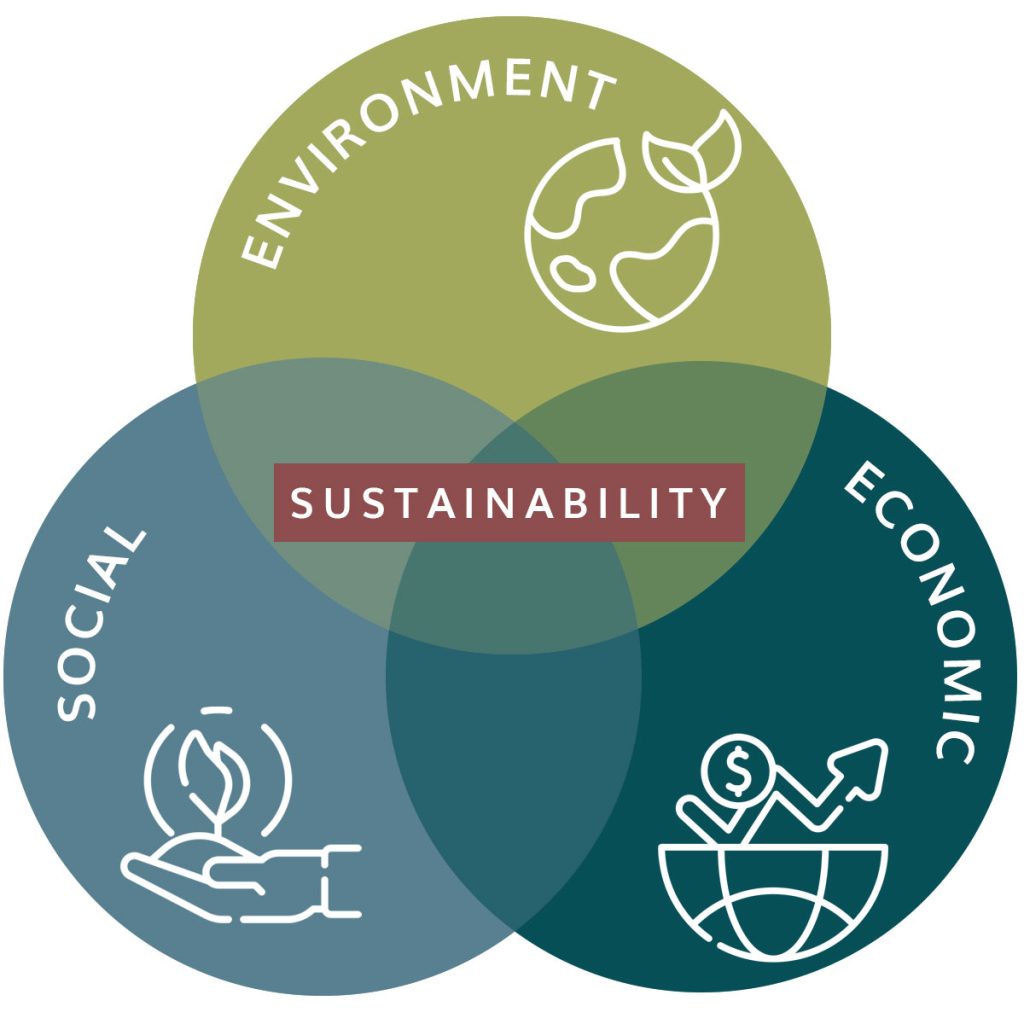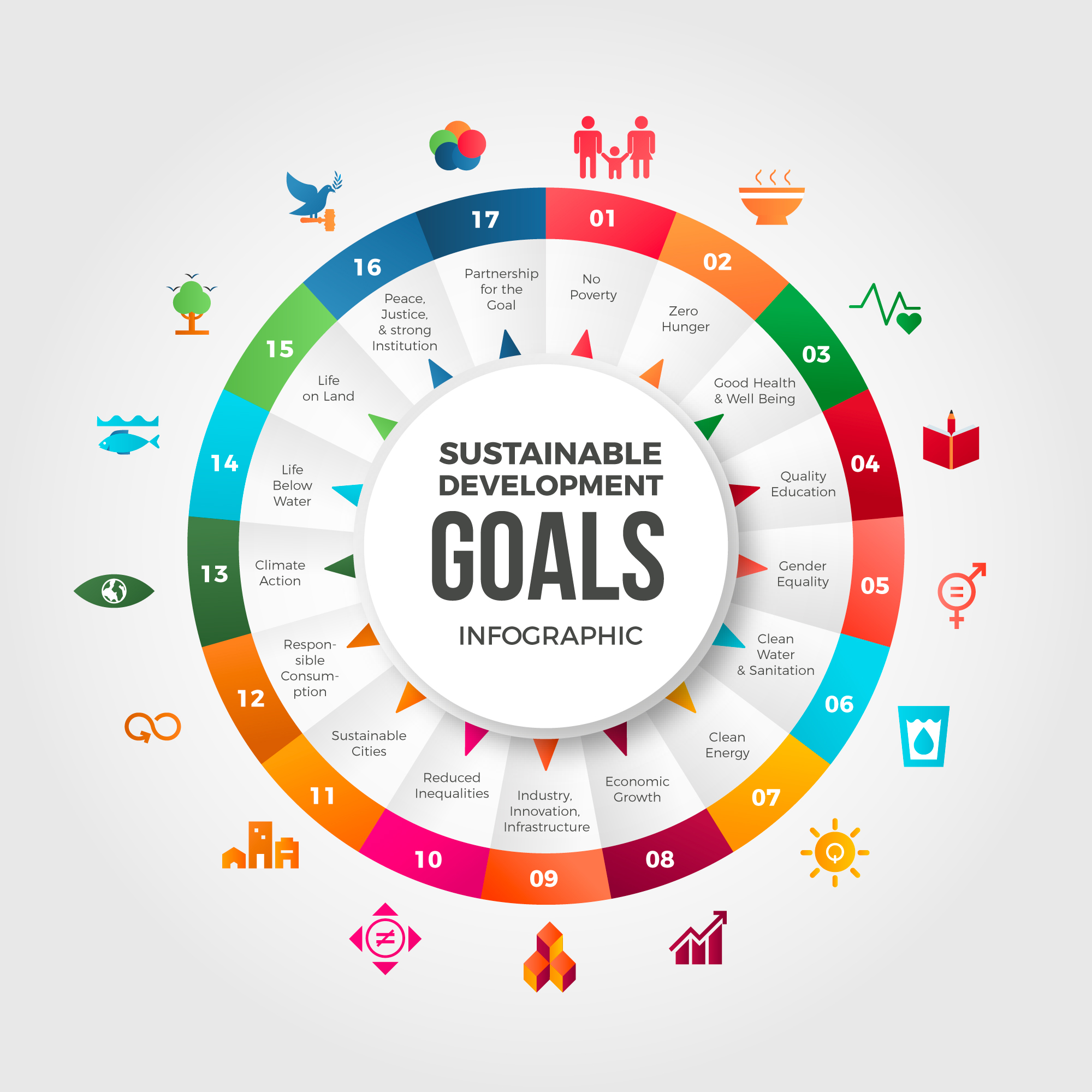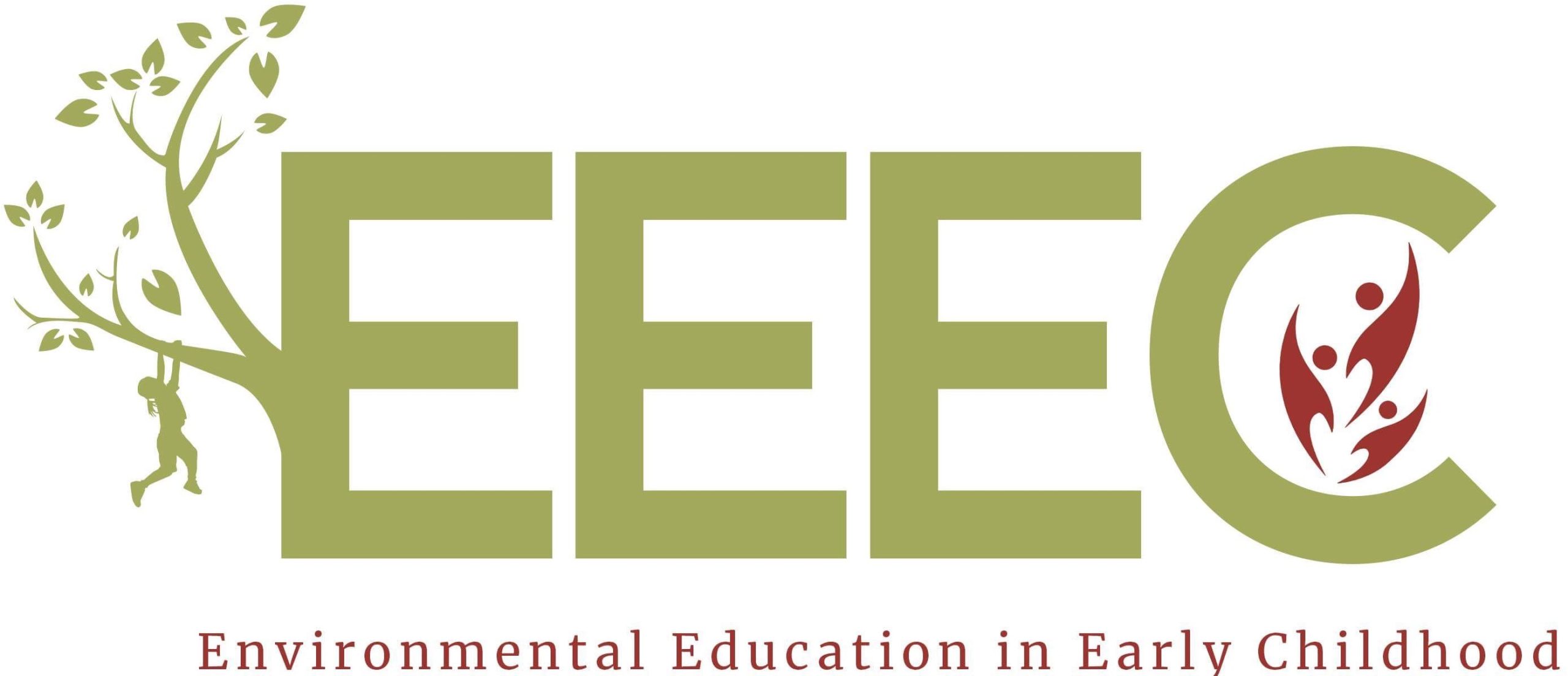Sustainability and the Early Years Learning Framework (EYLF)
 Sustainability is multidimensional. The United Nations Educational, Scientific and Cultural Organisation (UNESCO) refers to the 5 dimensions of sustainability as being Environmental, Social, Economic, Political and Cultural. The Early Years Learning Framework (EYLF) 2.0 features Sustainability as one of the 8 principles to underpin practice and is broadly defined to span the environmental, social, and economic dimensions which are intertwined.
Sustainability is multidimensional. The United Nations Educational, Scientific and Cultural Organisation (UNESCO) refers to the 5 dimensions of sustainability as being Environmental, Social, Economic, Political and Cultural. The Early Years Learning Framework (EYLF) 2.0 features Sustainability as one of the 8 principles to underpin practice and is broadly defined to span the environmental, social, and economic dimensions which are intertwined.
Environmental Sustainability- caring for our natural world and protecting, preserving and improving the environment.
Social Sustainability – inclusion and living peacefully, fairly and respectfully together in resilient local and global communities.
Economic sustainability- practices that support economic development without negatively impacting the other dimensions. This includes a focus on fair and equitable access to resources, conserving resources, and reducing consumption and waste.
Check out the ACECQA EYLF Sustainability Information sheet here https://www.acecqa.gov.au/sites/default/files/2023-07/InformationSheet_EYLF-Sustainability%20-%20Principles%20Information%20Sheet.pdf
By embracing a more inclusive definition, we can address the needs of the present without jeopardising the prospects of future generations to satisfy their own needs. Sustainable communities strive to ensure the demands of humans, animals, plants, lands, and waters are met both currently and indefinitely into the future. It’s noted by educators that children have a keen interest in their surroundings and possess the ability to comprehend sustainability concepts, as well as the power to advocate for and effect positive transformations. Children are encouraged in their agency and right to contribute actively to all matters influencing their lives. Additionally, educational experiences enrich children’s understanding of their civic roles and the rights and responsibilities they bear as part of local and global communities.
Considering sustainability entails envisioning the future and taking action to foster healthy, fair, and dynamic futures for everyone. Educators guide children towards developing a deep appreciation of nature, understanding humanity’s footprint on the natural world, and recognizing the symbiotic relationship between humans, animals, plants, lands, and waters. Sustainable practices are formulated together with children, and they are motivated to actively participate in environmental care and consider ways to help achieve a sustainable future.
Acknowledging that Aboriginal and Torres Strait Islander peoples have been custodians of the Country for the past 60,000 years, both educators and children explore their history, culture, and profound sustainable practices. Educators offer opportunities for children to learn about the intricate aspects of sustainability, realizing that it extends beyond natural learning and participation in nature conservation. Children are nurtured to understand that sustainability also includes social and economic aspects – not just environmental – and to engage with notions of social justice, equity, distribution, democracy, and citizenship.
Humanity and the planet we share with all living things face some big challenges. Educators and children have important and active roles to play in creating and promoting sustainable communities. Pg.18 BELONGING, BEING & BECOMING: The Early Years Learning Framework for Australia – V2.0, 2022.
Sustainable Development Goals
The Sustainable Development Goals are a great lens to support Early Childhood Educators in their Sustainability practice. Follow the link to access resources specific to Early Childhood Education Sustainable Development Goals – Resources for educators.

